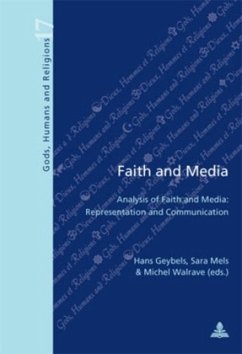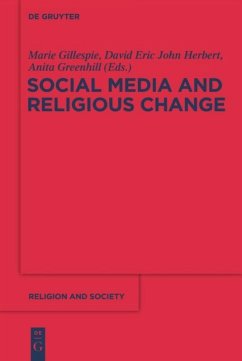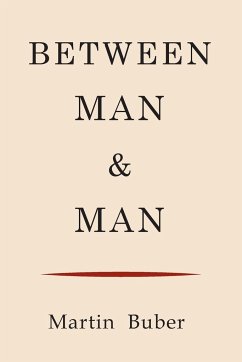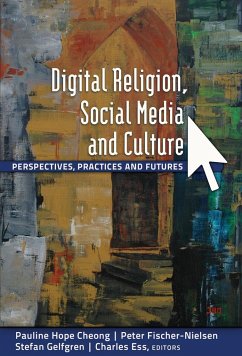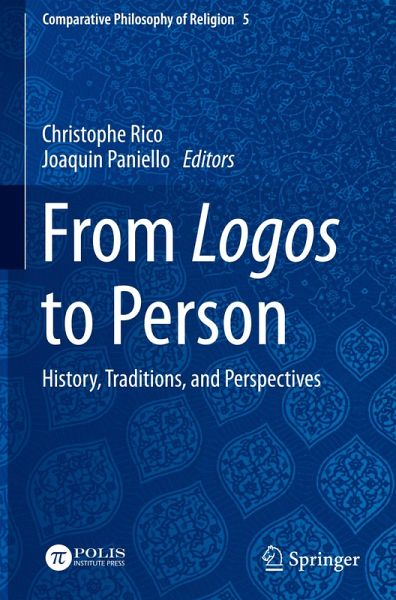
From Logos to Person
History, Traditions, and Perspectives
Herausgegeben: Rico, Christophe; Paniello, Joaquín

PAYBACK Punkte
49 °P sammeln!
This contributed volume considers the notions of person and logos from different approaches. Although many treat them separately, this text focuses on their intricated interplay. Drawing upon diverse cultural traditions, including Hebrew, Greek, Latin, and Arab sources, this book engages philologists, philosophers, and theologians through captivating analysis that spans from ancient philosophical perspectives to contemporary scholarship. The genesis of this scholarly endeavor owes to a conference held at the Polis Institute in Jerusalem in October 2021, in collaboration with Johns Hopkins Univ...
This contributed volume considers the notions of person and logos from different approaches. Although many treat them separately, this text focuses on their intricated interplay. Drawing upon diverse cultural traditions, including Hebrew, Greek, Latin, and Arab sources, this book engages philologists, philosophers, and theologians through captivating analysis that spans from ancient philosophical perspectives to contemporary scholarship. The genesis of this scholarly endeavor owes to a conference held at the Polis Institute in Jerusalem in October 2021, in collaboration with Johns Hopkins University, Notre Dame University, and the University of Hamburg. Out of fifty-seven presentations, fourteen were selected to compose this thought-provoking volume, ensuring a well-structured exposition on the subject.
The opening historical overview provides the framework of the volume, and culminates with Beuchot's intriguing proposition of man as an 'analogical animal'. Subsequent sections explore the concept of logos, tracing its usage in Plato and the Gospel of Saint John, as well as its evolution through scholasticism, modernism, and contemporary thought. Contained are highlights on the notion of person, its development in various languages, and delves into the intricate connections between rationality, speech, and personhood. Metaphysical and personalist approaches are also presented; this book appeals to researchers and scholars in the field.
The opening historical overview provides the framework of the volume, and culminates with Beuchot's intriguing proposition of man as an 'analogical animal'. Subsequent sections explore the concept of logos, tracing its usage in Plato and the Gospel of Saint John, as well as its evolution through scholasticism, modernism, and contemporary thought. Contained are highlights on the notion of person, its development in various languages, and delves into the intricate connections between rationality, speech, and personhood. Metaphysical and personalist approaches are also presented; this book appeals to researchers and scholars in the field.








